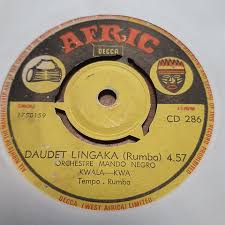Recent Developments and Current Events in Congo

Introduction
The Democratic Republic of the Congo (DRC) often finds itself in the international spotlight due to its rich natural resources and complex socio-political landscape. Recent events in the nation have underscored the urgent need for stability and cooperation as the country navigates through significant political and economic challenges. In light of ongoing conflicts and humanitarian crises, understanding current developments in Congo is crucial for both regional and global observers.
Political Landscape
The political situation in the DRC has been tense in recent months. In September 2023, clashes erupted in the eastern provinces of North Kivu and Ituri, as various militia groups vied for control amidst allegations of governmental negligence. The United Nations has expressed concern over the escalating violence, calling for immediate dialogue between the Congolese government and armed groups to seek a peaceful resolution.
Humanitarian Crisis
As conflicts persist, the humanitarian crisis in Congo continues to grow. According to the United Nations Office for the Coordination of Humanitarian Affairs (OCHA), over 27 million people are currently in need of humanitarian assistance, many facing food insecurity and displacement. The ongoing violence has resulted in the displacement of more than 6 million individuals, highlighting the dire humanitarian situation that requires international attention and support.
Economic Developments
In terms of economic developments, Congo remains one of the richest countries in terms of natural resources, particularly in minerals such as cobalt, copper, and diamonds. Recently, discussions have intensified regarding foreign investment in the mining sector amidst calls for greater accountability and environmental stewardship. The Congolese government is seeking ways to attract investment while ensuring that local communities benefit from the resources extracted from their lands.
Conclusion
The current events in Congo highlight a nation at a crossroads, grappling with political instability, humanitarian crises, and economic potential. As the international community watches closely, the hope is that the engagement of various stakeholders can foster peace and stability in this resource-rich nation. For readers, understanding the complex dynamics at play in the DRC can enhance awareness of global issues and the importance of active global citizenship in supporting humanitarian efforts.









